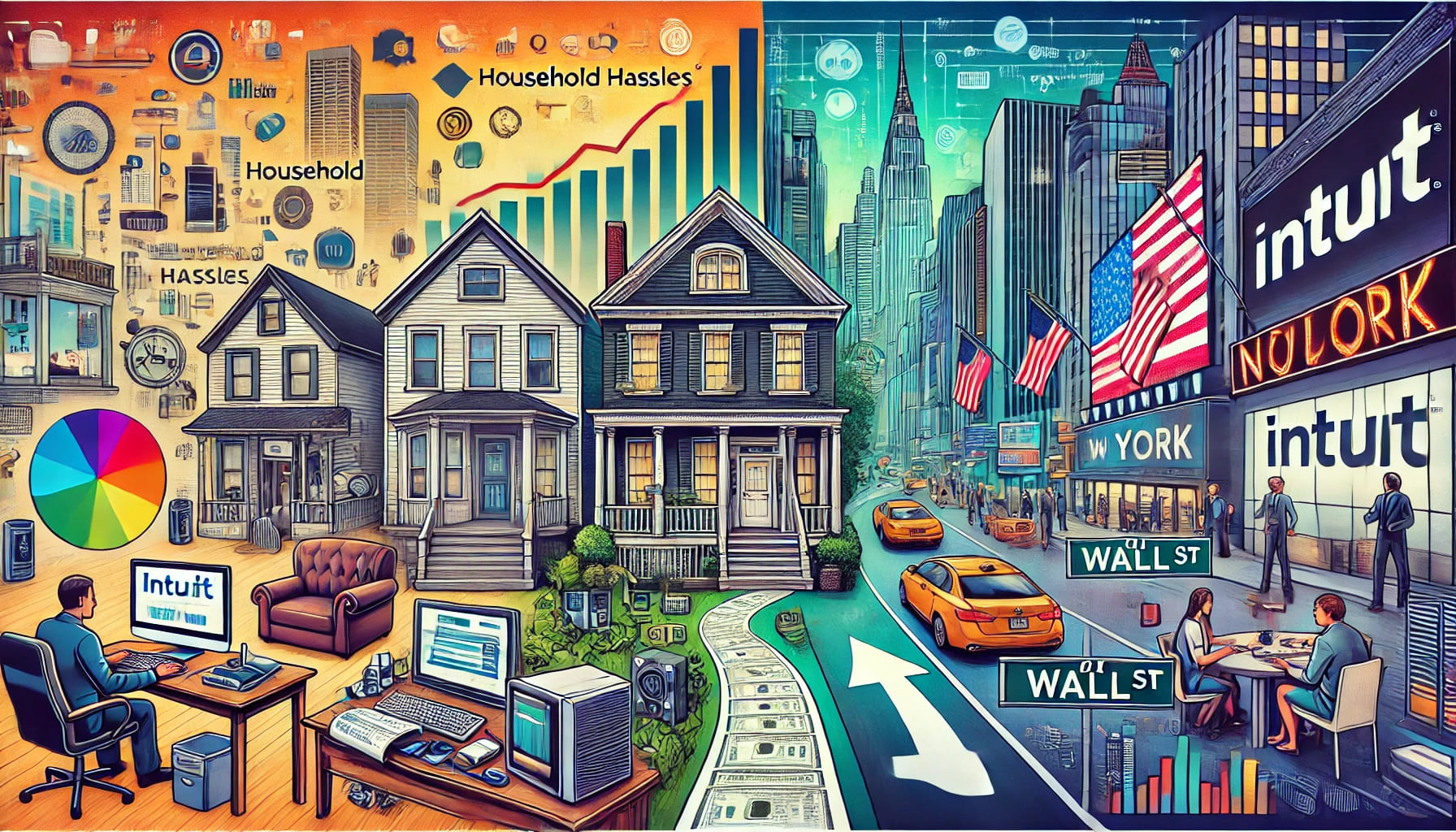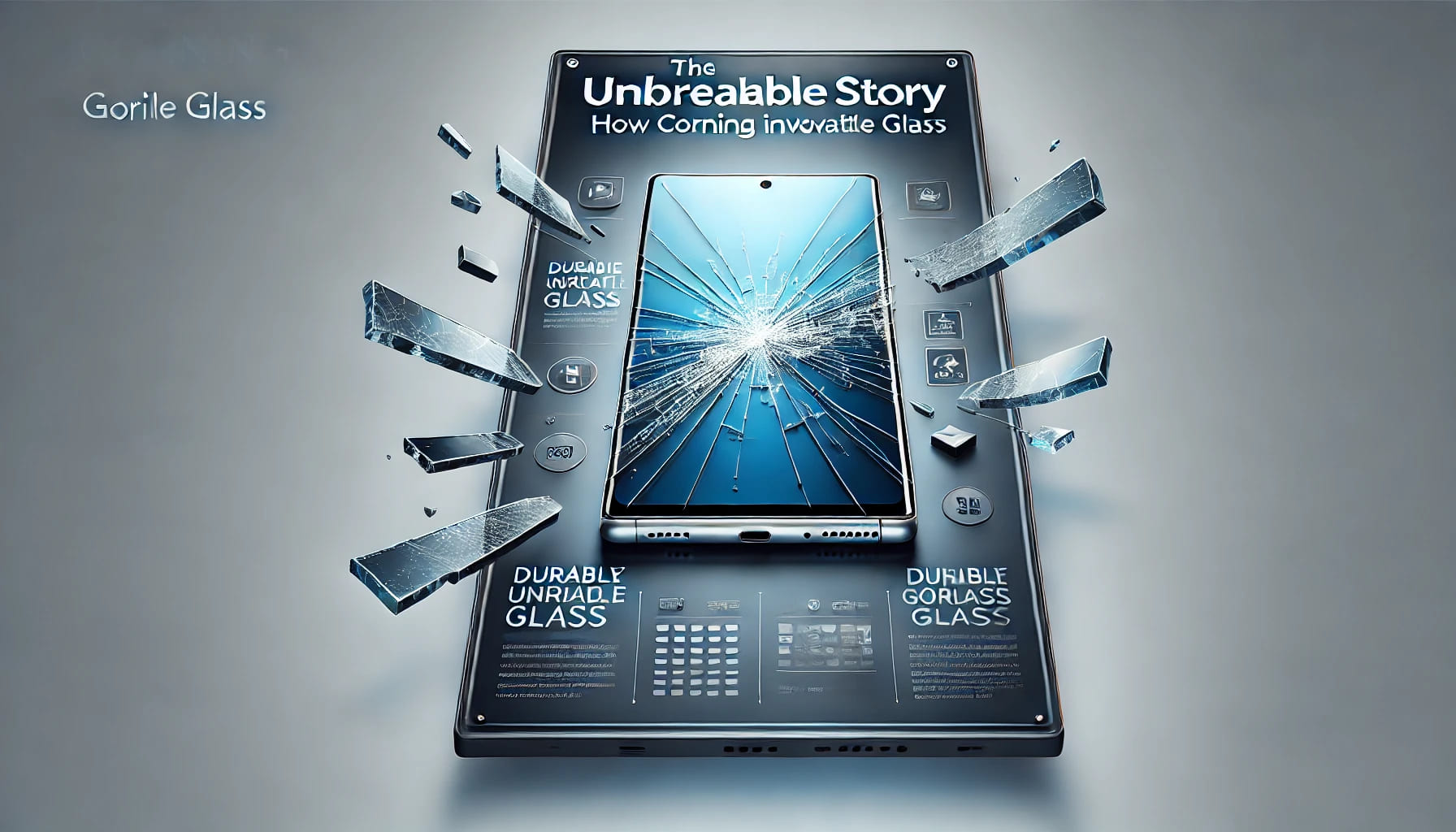Crafting Conscience: How Patagonia Pioneered Profit with Purpose

Founder's Desk
Originally written in sris.blog
In the high-stakes realm of global commerce, where businesses often prioritize profits over principles, Patagonia stands apart. In this installment of the Success Blueprint Series, we delve into the story of Patagonia—a brand that masterfully blends business acumen with a deep commitment to environmental sustainability, joining the esteemed ranks of companies like Apple and Dyson.
A Business Built on Convictions
Founded by Yvon Chouinard in 1973, Patagonia’s roots trace back to a small company that crafted climbing tools. The decision to transition into clothing was driven not just by market demand but also by an underlying principle: to cause no unnecessary harm and use business to inspire solutions to the environmental crisis. Unlike brands that merely ‘talk the talk,’ Patagonia walks the sustainability walk.
Authenticity is the Name of the Game
In an era where consumers are constantly bombarded with ads, Patagonia stands out by speaking like a friend. Their message isn’t merely about selling products but about being part of a movement. Take, for example, their groundbreaking “Don’t Buy This Jacket” campaign. It wasn’t about reverse psychology but an honest request to consumers to reconsider their buying habits and the environmental costs of incessant consumerism.
Bold, Transparent Initiatives
Rather than quietly embedding sustainable practices into its operations, Patagonia wears its eco-conscious heart on its sleeve. They’ve committed to giving 1% of sales to the preservation and restoration of the natural environment, amounting to over $89 million in cash donations.
Genuine Environmental Commitment
It’s one thing to pledge a commitment to sustainability, but Patagonia takes it a step further by taking tangible action. They’ve launched a “Worn Wear” program, emphasizing the value of recycling and reusing. Instead of pushing for more sales, they encourage customers to buy less and buy used.
Education: A Pillar of Their Strategy
Rather than merely selling products, Patagonia has taken up the mantle to educate the masses. Their production of documentaries on environmental issues seeks to inform and inspire positive action worldwide.
The Consequences of Inaction
Patagonia makes it crystal clear: our planet is at a pivotal juncture. Their focus on sustainable consumer behavior is not just a business strategy; it’s a call to arms. They highlight the dire consequences we’ll face without immediate and substantial changes to our consumption patterns.
Aligning Profit with Purpose
While most businesses view profit and purpose as separate entities, Patagonia demonstrates that they can, and should, go hand in hand. Their consistent growth and unwavering customer loyalty are testament to the power of building a brand that stands for more than just profit.
In Conclusion
Patagonia’s journey is a beacon for businesses worldwide. It showcases that with authenticity, commitment, and a genuine desire to do good, businesses can thrive both financially and morally. As we’ve seen with brands like Apple and Dyson in our Success Blueprint Series, vision, innovation, and authenticity are key. Patagonia adds another layer to this blueprint: a deep-rooted commitment to global well-being.
For businesses and consumers alike, the message is clear: the future belongs to those who believe in the beauty of their dreams and have the courage to take meaningful action. As we chart our paths forward, may we draw inspiration from Patagonia’s visionary journey and strive to leave our world better than we found it.

Most Popular
 Business Innovation
- 8 MIN READ
Business Innovation
- 8 MIN READ
From Household Hassles to Billion-Dollar Business: The Intuit Story
Once upon a time in the not-so-distant past, there was a man named Scott Cook and his wife, Signe. Like many of us, they found themselves constantly bamboozled by their household finances. Every month, they would sit down with a...

Founder's Desk
 Breakthrough Innovation
- 6 MIN READ
Breakthrough Innovation
- 6 MIN READ
The Unbreakable Story: How Corning Innovated Gorilla Glass
The story of Corning's Gorilla Glass is a fascinating example of how scientific innovation can take an unexpected path to success. It all began in the 1960s when Corning scientist Dr. Don Stookey was working on a project involving photosensitive...

Founder's Desk
 Breakthrough Innovation
Business Innovation
- 4 MIN READ
Breakthrough Innovation
Business Innovation
- 4 MIN READ
The Birth of Lego: A Story of Creativity and Resilience
The story of Lego's creation is one of turning adversity into opportunity through creativity and perseverance. Ole Kirk Christiansen, a Danish carpenter, found himself in challenging circumstances when a fire destroyed his workshop in the late 19th century. To rebuild...

Founder's Desk




